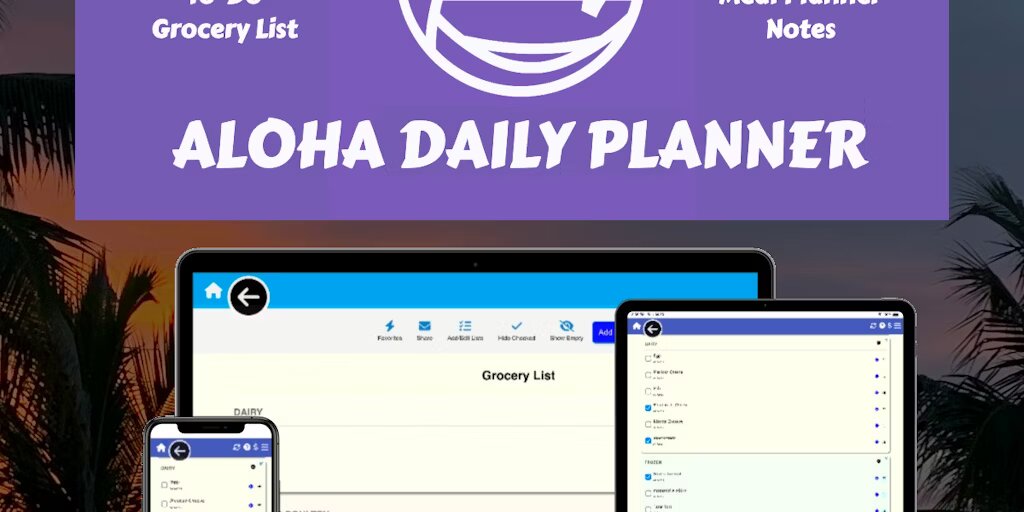Choosing to outsource some, or all of your tax prep and returns workload to outsourced service providers, is a strategy that often proves lucrative, especially for CPA firms wanting to grow and expand their client base.
But, with so many different providers out there, how can you be sure you’re hiring the right one?
The answer is: you can of course, never be 100% sure, but there are certain questions you can ask during interviews with tax outsourcing services, that may help increase your chances of making the best choice. Here are just a few of them:
Q: What is your level of expertise and what do you specialize in?
It’s very important to ask potential outsourcing partners about their level of experience within the industry, and what services they provide. Does what they specialize in align with your firm and its needs? You can also request testimonials from previous clients in similar industries.
Q: How do you ensure data security and compliance?
The security of sensitive financial and personal information provided to you by your clients, is of the utmost importance, and you must be clear on exactly what measures they take to guarantee data safety. They should also have a recovery plan in place should a security breach take place, so be sure to ask for details of this, too.
Q: What are your quality control and review processes?
Strict quality control processes should always be followed, and your chosen outsourcing partner should have sound auditing practices in place, checks for accuracy, and workable methods for limiting tax prep and filing errors.
Q: Will your services adapt to my needs?
For the average CPA firm, their workload may fluctuate significantly from one time of the year to another, with tax season being a perfect example of this. With clients rushing to get their taxes filed before the IRS deadline, CPAs may experience sudden and prolonged increases in their workload and responsibilities at this time of year, a time when help from an outsourced service provider could prove crucial. Find out whether the company has the capacity to adapt to your needs as and when they may change.
Q: How will your team collaborate with mine?
Communication is vital for a sound working relationship between outsourced provider and CPA firm, and you should try to gain a good understanding of exactly how they plan to report back to you, and collaborate with your team in-house before signing any contracts.
Q: What technology and tools are you using?
Technology helps make a lot of tax processes more efficient and accurate, so inquire as to what tools and software they use, and whether they will be able to integrate them effectively with your current systems.
Q: How quick are your turnaround times?
The preparing and filing of taxes needs to be done quickly, accurately and efficiently in order to avoid penalties for late filing, so how quickly they can turnaround work and what they function like when faced with strict deadlines, could prove instrumental in determining a successful relationship.
Q: What is your pricing structure?
The pricing model must be clearly explained to you in detail, as you will need to know for certain that you can afford to pay their rates; you may also ask whether there is any room for negotiation, or whether they have rates that are flexible.
When it comes to corporate tax outsourcing, CPA firms really are spoilt for choice, but with such a choice, comes a lot of risk. Not all outsourcing partners can be judged by the same standards, so always take the time to put forward any questions that you might have to them, well in advance of any discussions related to the signing of contracts.
Get the right answers to all of your questions, however, and you could soon be on the way to offering your clients an enhanced experience, while you benefit from cost savings, time savings, and increased productivity.



